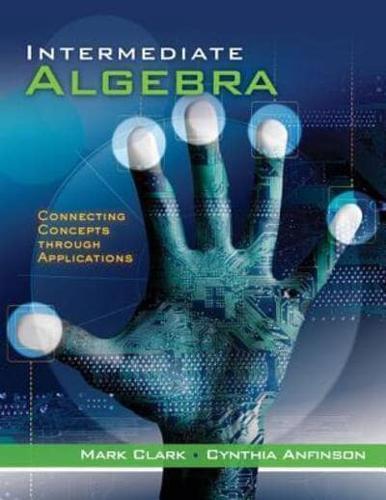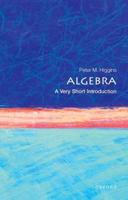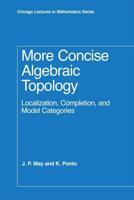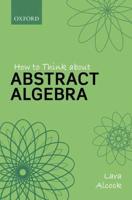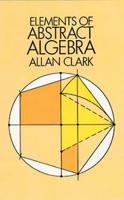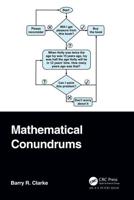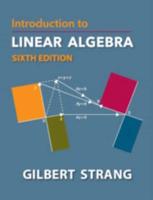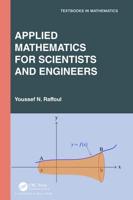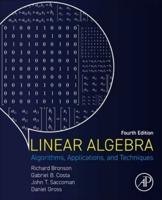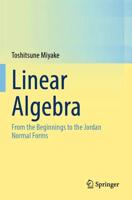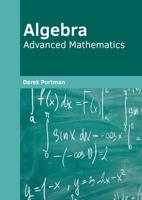Publisher's Synopsis
INTERMEDIATE ALGEBRA: CONNECTING CONCEPTS THROUGH APPLICATIONS shows students how to apply traditional mathematical skills in real-world contexts. The emphasis on skill building and applications engages students as they master concepts, problem solving, and communication skills. It modifies the rule of four, integrating algebraic techniques, graphing, the use of data in tables, and writing sentences to communicate solutions to application problems. The authors have developed several key ideas to make concepts real and vivid for students. First, the authors integrate applications, drawing on real-world data to show students why they need to know and how to apply math. The applications help students develop the skills needed to explain the meaning of answers in the context of the application. Second, they emphasize strong algebra skills. These skills support the applications and enhance student comprehension. Third, the authors use an eyeball best-fit approach to modeling. Doing models by hand helps students focus on the characteristics of each function type. Fourth, the text underscores the importance of graphs and graphing. Students learn graphing by hand, while the graphing calculator is used to display real-life data problems. In short, INTERMEDIATE ALGEBRA: CONNECTING CONCEPTS THROUGH APPLICATIONS takes an application-driven approach to algebra, using appropriate calculator technology as students master algebraic concepts and skills.


